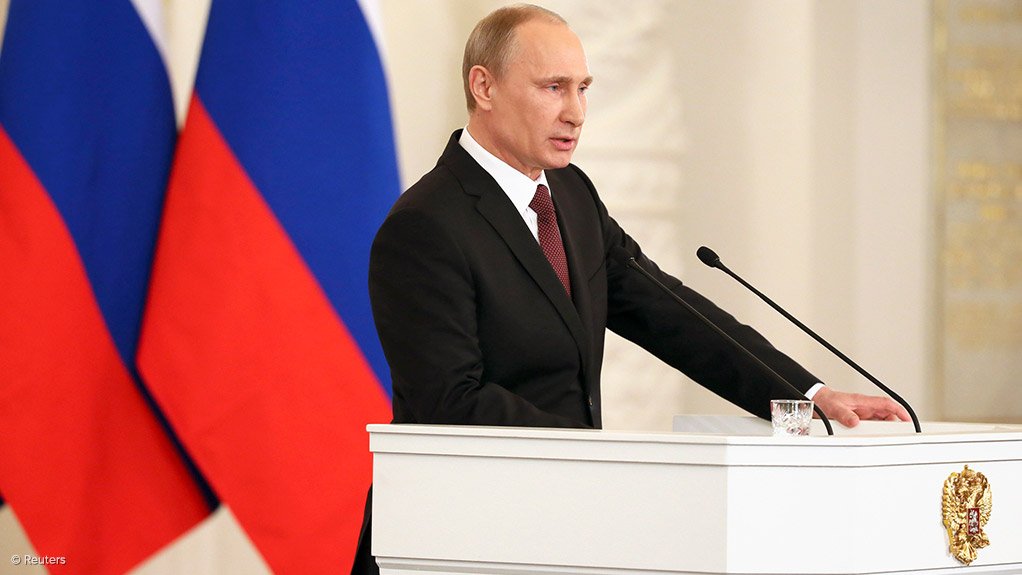Vladimir Putin, who’s ruled Russia for the whole of the 21st century so far, was sworn in for a fifth term as president, amid renewed nuclear saber-rattling with the West over his war in Ukraine.
Placing his hand on a copy of Russia’s constitution, Putin took the oath of office on Tuesday before assembled officials and dignitaries in the golden imperial splendor of the Kremlin’s St. Andrew’s Hall.
Already the longest-serving Kremlin ruler since Soviet dictator Josef Stalin, 71-year-old Putin begins another six-year term after gaining a record 87% in March’s tightly controlled presidential election in which he faced no serious competition. He’s embroiled in a deepening confrontation with the US and its allies, which have sent Ukraine tens of billions of dollars of weapons to defend itself against Russia’s 2022 invasion that sparked Europe’s worst conflict since World War II.
The inauguration ceremony took place a day after Putin ordered the military to conduct combat drills for using tactical nuclear weapons in response to what Russia called “provocative” statements by Western leaders.
His spokesperson Dmitry Peskov blamed the “unprecedented spike in tensions” on comments by French President Emmanuel Macron about sending troops to Ukraine and UK Foreign Secretary David Cameron’s statement that British weapons can be used by Kyiv to strike Russia.
The North Atlantic Treaty Organization condemned Russia’s “dangerous and irresponsible” nuclear rhetoric.
Putin has ruled Russia since 2000, retaining power as prime minister when he installed Dmitry Medvedev as president from 2008-2012 to comply with term limits. He removed that obstacle in 2020 by changing the constitution to grant himself up to two more terms, enabling him to remain president potentially to 2036, when he’ll be 83.
With the war in its third year, Russian forces are pressing their advantage in eastern Ukraine as Kyiv’s embattled troops await the arrival of new US military aid after Congress passed a long-delayed $61-billion support package last month. Russia occupies just under 20% of Ukraine and is seeking to push forward across the front line against a Ukrainian army wrestling with dwindling reserves of men and munitions.
Russia’s economy is adapting to unprecedented international sanctions imposed in response to the war as the government pivots away from Europe toward China, India and countries in the so-called Global South.
Putin plans to visit China next week in the first foreign visit of his new term, underlining the importance of his relationship with that country’s president, Xi Jinping. China has helped Russia weather the impact of sanctions by the US and its Group of Seven allies and provided diplomatic support for Putin as part of a “no limits” friendship even as Beijing declares that it has a neutral stance on the war.
The Russian president, who’s urged countries to trade in national currencies and push out the dollar, will host a summit of the Brics group of nations in October. The organisation that includes Brazil, Russia, India, China and South Africa expanded in January to take in new member states including the United Arab Emirates and Egypt, while Saudi Arabia is still weighing an invitation to join.
EMAIL THIS ARTICLE SAVE THIS ARTICLE
To subscribe email subscriptions@creamermedia.co.za or click here
To advertise email advertising@creamermedia.co.za or click here











